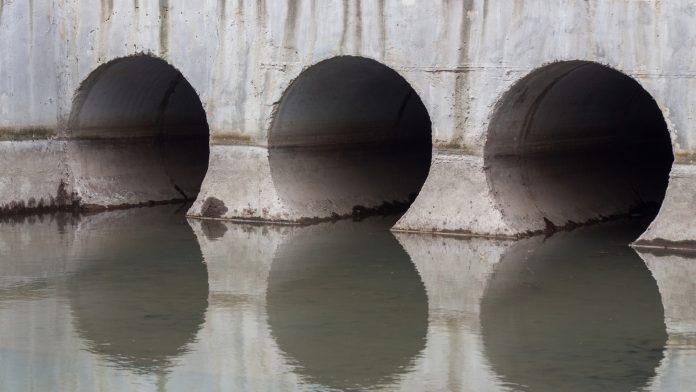New smart pipe developed by a UK-based collaboration could offer a low-carbon solution to drainage and storm water pipe industries.
Following a £269,000 grant from Innovate UK, a new partnership with the University of Birmingham, UK, and Aquaspira will develop a low-carbon smart pipe to be used in large-scale buried infrastructure projects.
The programme, led by North West firm Aquaspira, will support the development of composite plastic and steel drainage and storm water pipes, incorporating high levels of recycled material. Sensor technology built into the pipes will detect and report changes in environmental conditions, enabling infrastructure problems to be rapidly identified and rectified.
Engineers from the University of Birmingham will work with the firm to develop the sensing technology and to test the pipes at the University of Birmingham and National UKCRIC Buried Infrastructure Facility.
Professor Nigel Cassidy, Professor of Geotechnical Infrastructure Engineering at the University of Birmingham, said: “Innovation is at the heart of the nation’s recovery from the COVID epidemic and we are delighted to be partnered with Aquaspira in this exciting and innovative project.”
Major new investment
The funding for the smart pipe project follows an announcement from the UK Government, unveiling a new major investment to support businesses across the country pursue clean growth projects. The Sustainable Innovation Fund, delivered through Innovate UK, is a main part of the £1.25bn investment package announced by Chancellor Rishi Sunak in April to help businesses innovate during the COVID-19 pandemic.
Neil Wallace, Managing Director of Aquaspira Ltd, said: “As a business we have been looking for the silver linings to the COVID cloud. At this difficult time, the grant will help our business to continue to innovate, grow and create jobs in the North West. This provides an incredibly exciting opportunity for new innovation. The Government’s objective of carbon zero by 2050 cannot be achieved without a significant reduction in the use of concrete in the construction process.”



